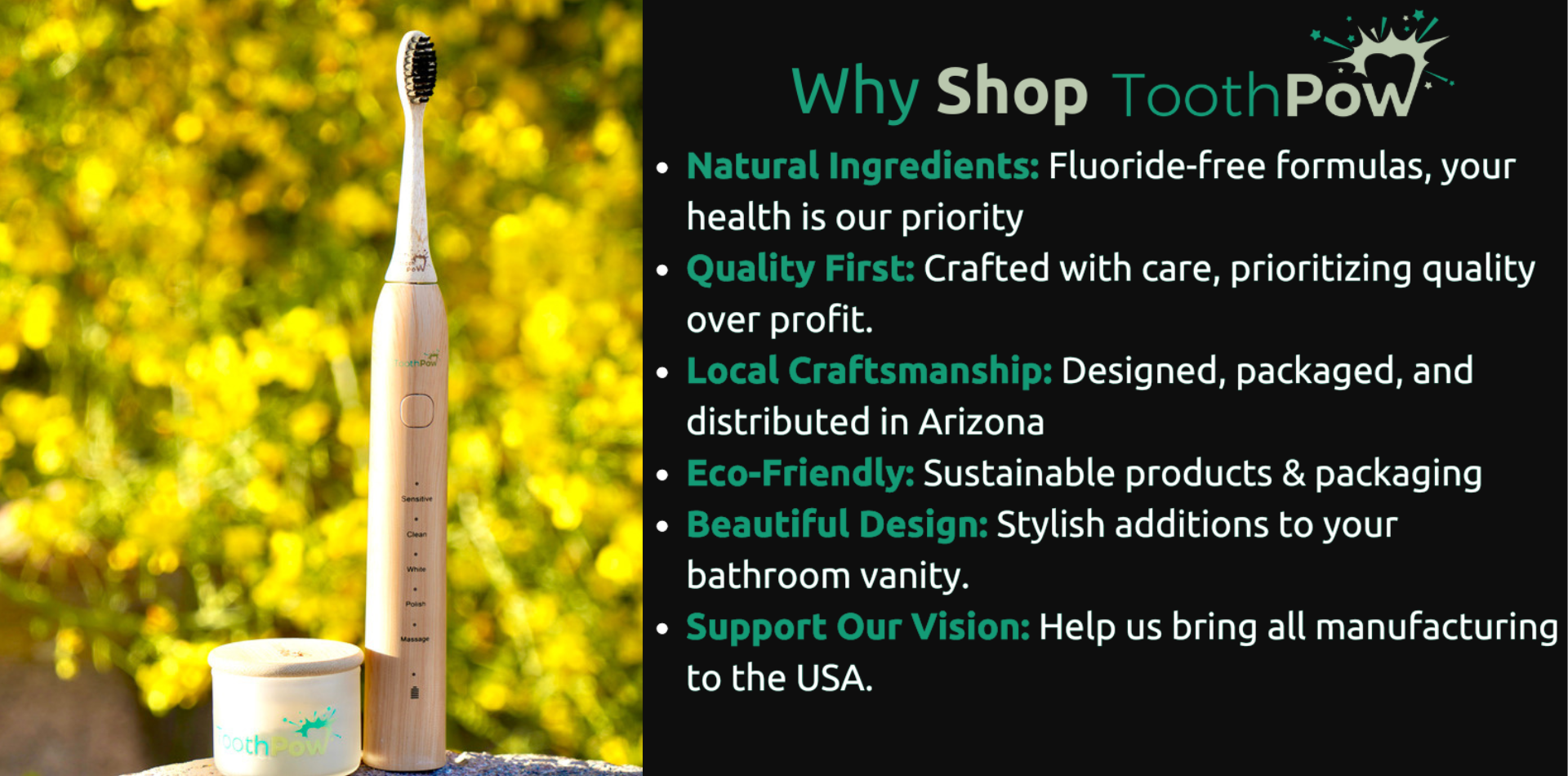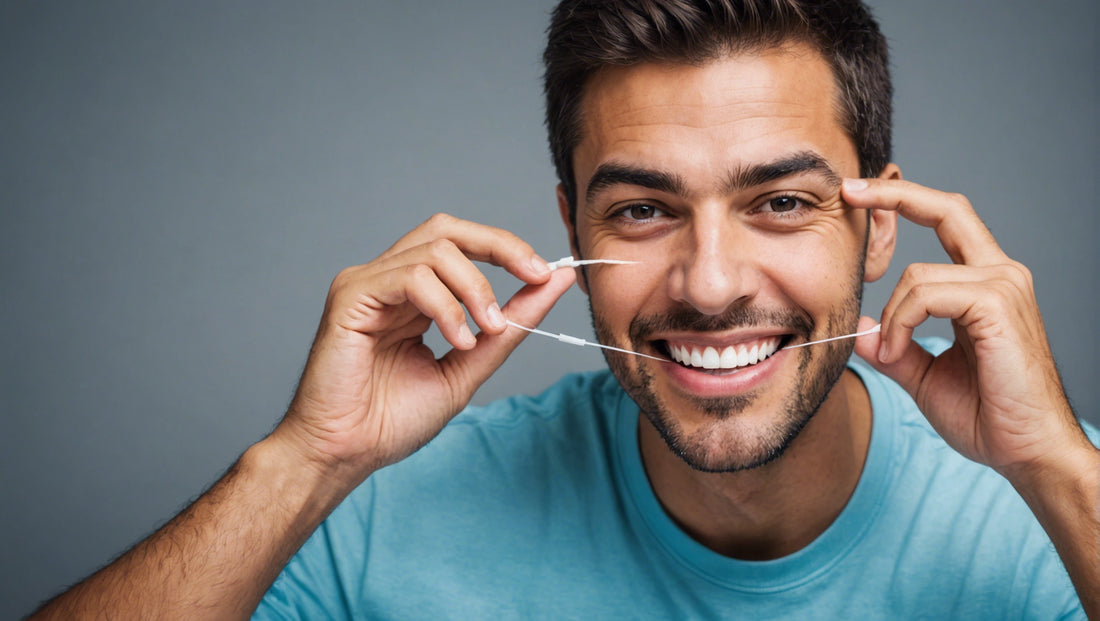Introduction
Oral hygiene is essential for maintaining healthy teeth and gums, and brushing and flossing are the cornerstones of any good dental care routine. However, a common question arises: should you floss before or after brushing your teeth? This article explores the benefits and drawbacks of each approach and provides insights into the best practices for optimal oral health.
Why Flossing is Important
Removing Plaque and Debris
Flossing plays a crucial role in removing plaque and food particles from between teeth and along the gumline, areas that a toothbrush can't always reach. By flossing daily, you reduce the risk of cavities and gum disease.
Preventing Gum Disease
Regular flossing helps prevent gum disease by removing plaque that can cause inflammation and infection. Gingivitis, the early stage of gum disease, can progress to periodontitis if plaque isn't effectively removed.
Promoting Overall Oral Health
Flossing supports overall oral health by maintaining clean interdental spaces. This practice not only keeps your teeth and gums healthy but also contributes to fresher breath and a cleaner mouth.
For more tips on maintaining oral health, visit ToothPow’s oral health blog.
Flossing Before Brushing
Benefits of Flossing Before Brushing
Flossing before brushing has several benefits. When you floss first, you dislodge food particles and plaque from between your teeth. This debris is then removed more effectively when you brush afterward. Additionally, flossing first allows the fluoride in your toothpaste to reach between your teeth better, enhancing its protective effects.
Studies Supporting Flossing Before Brushing
A study published in the Journal of Periodontology found that flossing before brushing is more effective at removing interdental plaque than brushing first. Participants who flossed before brushing also had lower levels of gingivitis and plaque after the study period.
Flossing After Brushing
Benefits of Flossing After Brushing
Some people prefer to floss after brushing because they feel it leaves their mouth cleaner. Brushing first can remove the bulk of the plaque and food particles, allowing flossing to finish the job by targeting the spaces between teeth.
Psychological Satisfaction
Flossing after brushing can provide a sense of completeness and cleanliness. Many people feel that their mouth is thoroughly cleaned when they finish with flossing, which can reinforce good oral hygiene habits.
Studies Supporting Flossing After Brushing
While there is less direct evidence supporting the superiority of flossing after brushing, some studies suggest that the overall impact on oral health is similar, regardless of the order. The key is to ensure that both brushing and flossing are done thoroughly and regularly.

The Ideal Oral Hygiene Routine
Consistency is Key
Whether you choose to floss before or after brushing, the most important factor is consistency. Ensure that you floss and brush at least twice a day to maintain optimal oral health.
Technique Matters
Proper technique is crucial for effective brushing and flossing. Use gentle, circular motions with your toothbrush and be careful not to snap the floss against your gums. Taking your time and being thorough can significantly impact your oral hygiene.
Incorporating Mouthwash
Adding an antimicrobial mouthwash to your routine can provide additional protection against bacteria and plaque. Mouthwash can help reach areas that brushing and flossing might miss, further enhancing your oral health.
For more detailed oral care tips, check out ToothPow’s comprehensive guide.
Expert Opinions
Dental Professional Recommendations
Many dental professionals recommend flossing before brushing to maximize the benefits of fluoride toothpaste. However, they agree that the most crucial aspect is that you floss and brush regularly, regardless of the order.
Personalized Advice
Consult with your dentist to determine the best routine for your specific needs. Factors such as your dental health, any existing conditions, and personal preferences can influence the ideal approach for you.
For personalized oral care advice, visit ToothPow’s FAQ page.
Conclusion
The debate over whether to floss before or after brushing may never be fully resolved, as both approaches have their merits. Ultimately, the best routine is one that you can maintain consistently and effectively. By flossing and brushing regularly with proper technique, you can ensure that your teeth and gums remain healthy. For additional support, consider incorporating mouthwash into your routine and consulting with your dental professional for personalized advice.
For more tips and products to help maintain your oral health, visit the ToothPow website.

